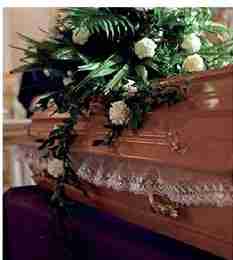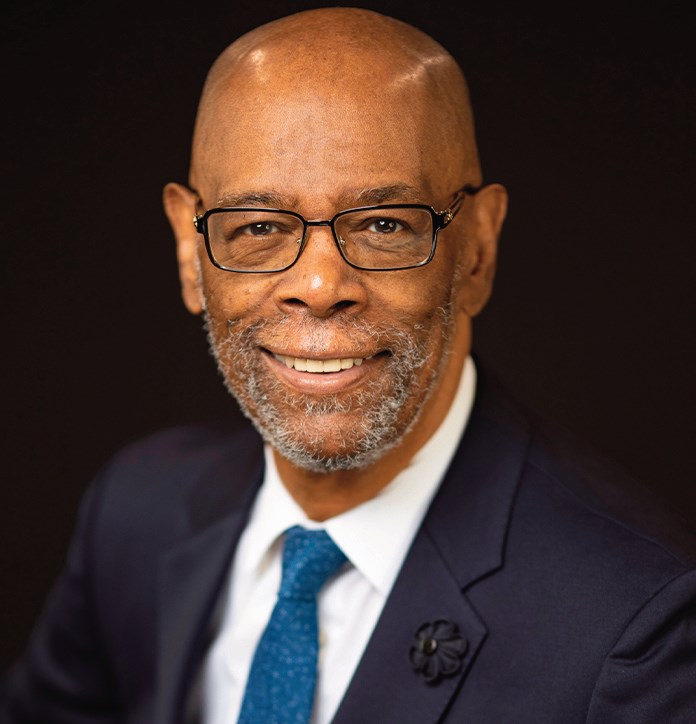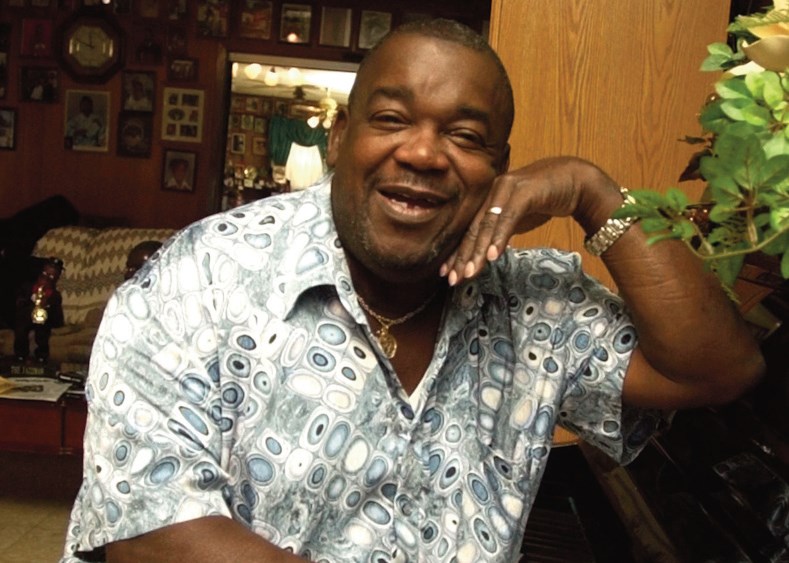Courtesy of Funeralwise.com
There are a lot of things people don’t know about the funeral industry. That’s to be expected. Funerals can be hard to talk about and frankly, most of us prefer to leave the details to the professionals. But these days, an increasing number of people are skipping the funeral home altogether and holding the funeral or memorial service right at home.
If you are not familiar with the trend toward home funerals (also referred to as a family-directed funeral), it may strike you as a bit odd. But the fact is, for most of recorded history the dead have been cared for at home.
The family (usually the women) would take care of the cleansing and preparation of the body. The deceased would be laid out in the parlor for viewing. Wellwishers would drop by to pay their respects and the body would be buried either in the family graveyard or the church cemetery.
It was not until the Civil War, when embalming became widely accepted, that people began to turn to funeral directors and funeral homes to handle their dead.
A traditional funeral held at a funeral home is still the norm, but things are changing. Skyrocketing costs and a growing interest in more environmentally friendly options are among the factors driving interest in returning to the old ways.
There is also some evidence that overall views on death may be changing. Growth in groups that gather to talk about death and dying, such as Death Cafes, the desire to have more personalized funerals, and the push for more involvement by the family are all indications of this.
We don’t know exactly how many home funerals are held each year but the leading home funeral organization, the National Home Funeral Alliance, has seen their membership double over the last two years. At the same time, ancillary support businesses such as Funeral Celebrants, Funeral Guides and Death Doulas are showing vibrant growth.
Funeral Celebrants, Funeral Guides, and Death Doulas: What’s the difference?
-A funeral celebrant is a person who is trained to work with families to design and conduct a customized funeral or memorial service. Visit www.funeralwise.com/plan/celebration-of-life.
-A home funeral guide is a person who specializes in consulting with families in order to educate them on after-life care.
-A death doula (or death midwife) is a person who helps an individual transition to death by offering support and companionship as he or she reaches the end-of-life.
What If You Want to Hold A Home Funeral?
Whether or not you would like to have a funeral in your home is a very personal decision. It may be driven by financial considerations, cultural factors or something entirely different. The reason doesn’t matter. What matters is that it is right for you and your family and that you are educated on what making that decision really means.
Are Home Funerals Legal?
Home funerals are legal in all 50 states.
That doesn’t mean, however, that it’s always easy. Nine states require that a funeral director handle certain aspects such as transportation or filing paperwork. Before you begin planning, you should check the specific requirements of your state in order to be certain.
Where can I get help if I want to have a home funeral?
There are many details to take care of when you accept the responsibility for handling the disposition of a body. It’s always best to have a plan but if you don’t there are places you can turn to for help.
The most comprehensive source on what you need to do when planning a home funeral is the National Home Funeral Alliance. This organization can provide you with specific information on your state’s legal requirements as well as provide information on everything from what paperwork to file to how to care for the body.
Deciding to have a home funeral doesn’t mean you have to do everything yourself. You may be able to engage the help of a funeral director to handle some of the tasks you would prefer not to do. You can also consult with a “Home Funeral Guide” who is trained in family-directed funerals or work with a celebrant who can help you design the service.
The important thing to remember is that there is no right or wrong way to care for a loved one who has died. You are free to use a funeral director, have the funeral at home or skip the service altogether. The choice is entirely yours.
It is important, though, that you educate yourself on your options and think about what each one means to you. Planning ahead will give you a chance to review all the pros and cons. It will also give you the opportunity to ask questions. If you can’t plan ahead, never feel bad about reaching out for help.
Your family, friends and industry professionals can be important resources when going through a difficult time.
To learn more about home funerals, visit www.funeralwise.com/learn/green/homefunerals.













No Comment